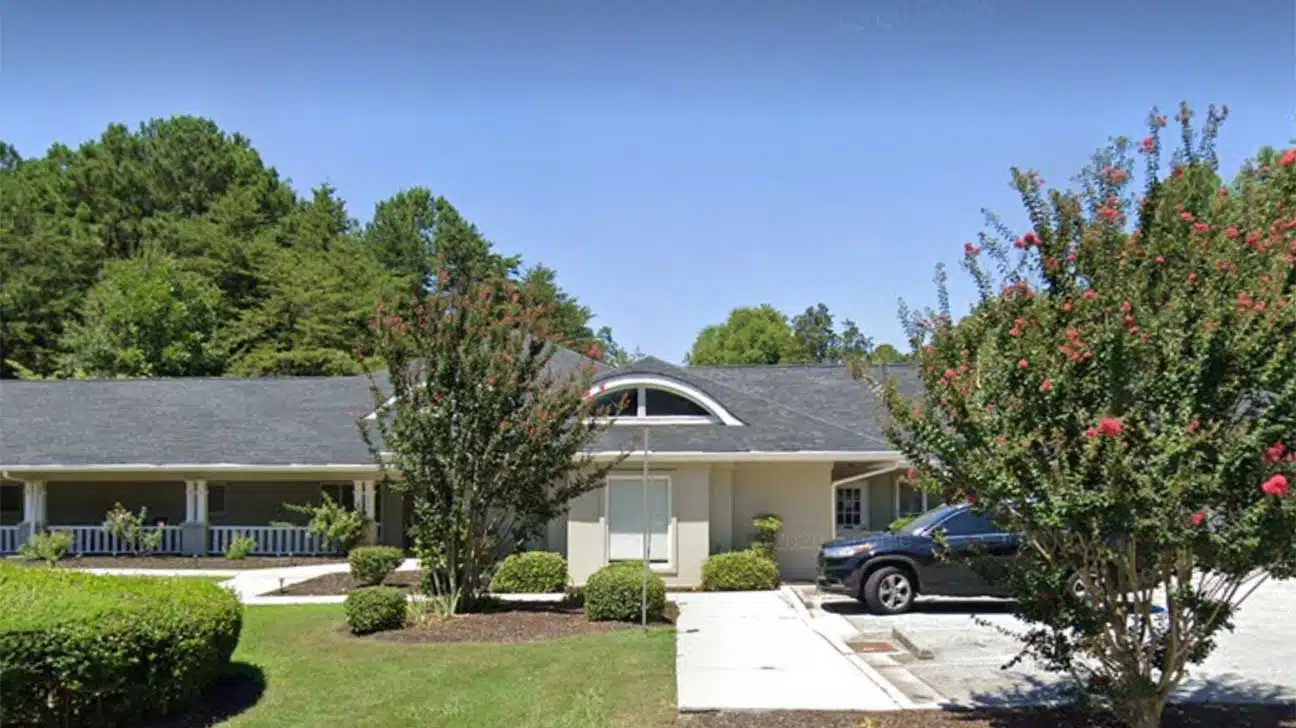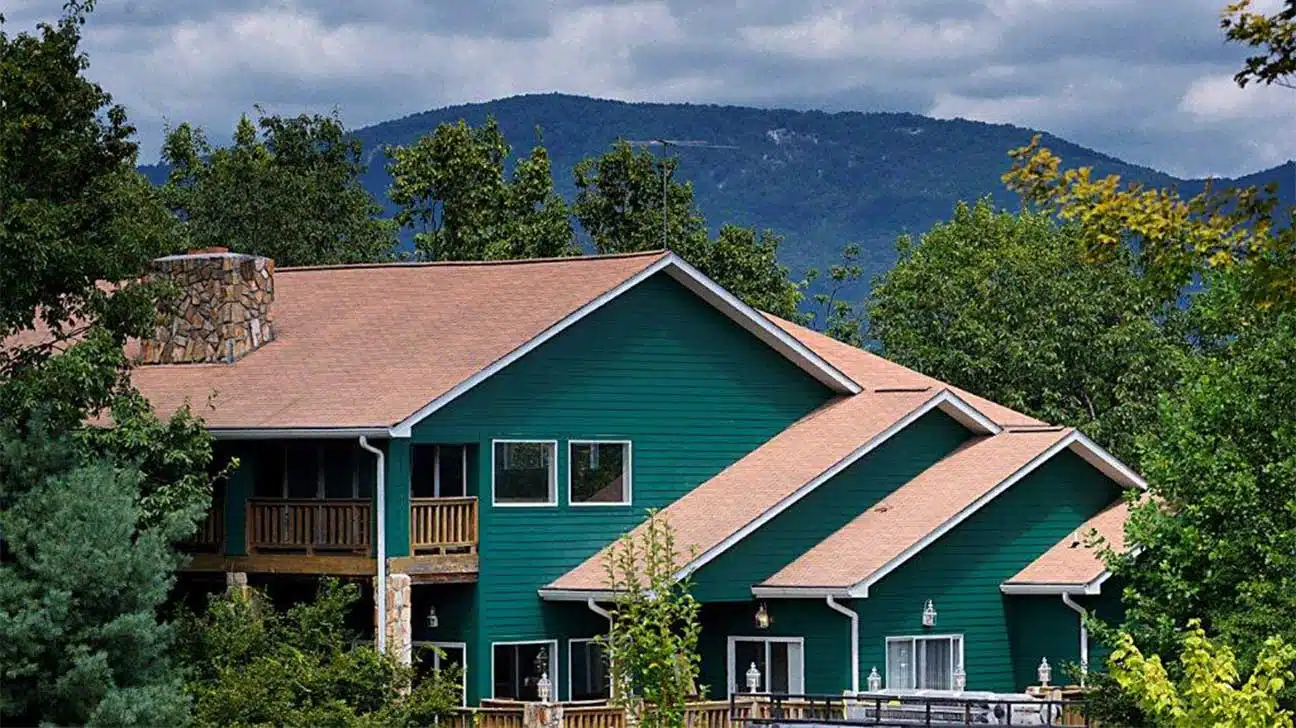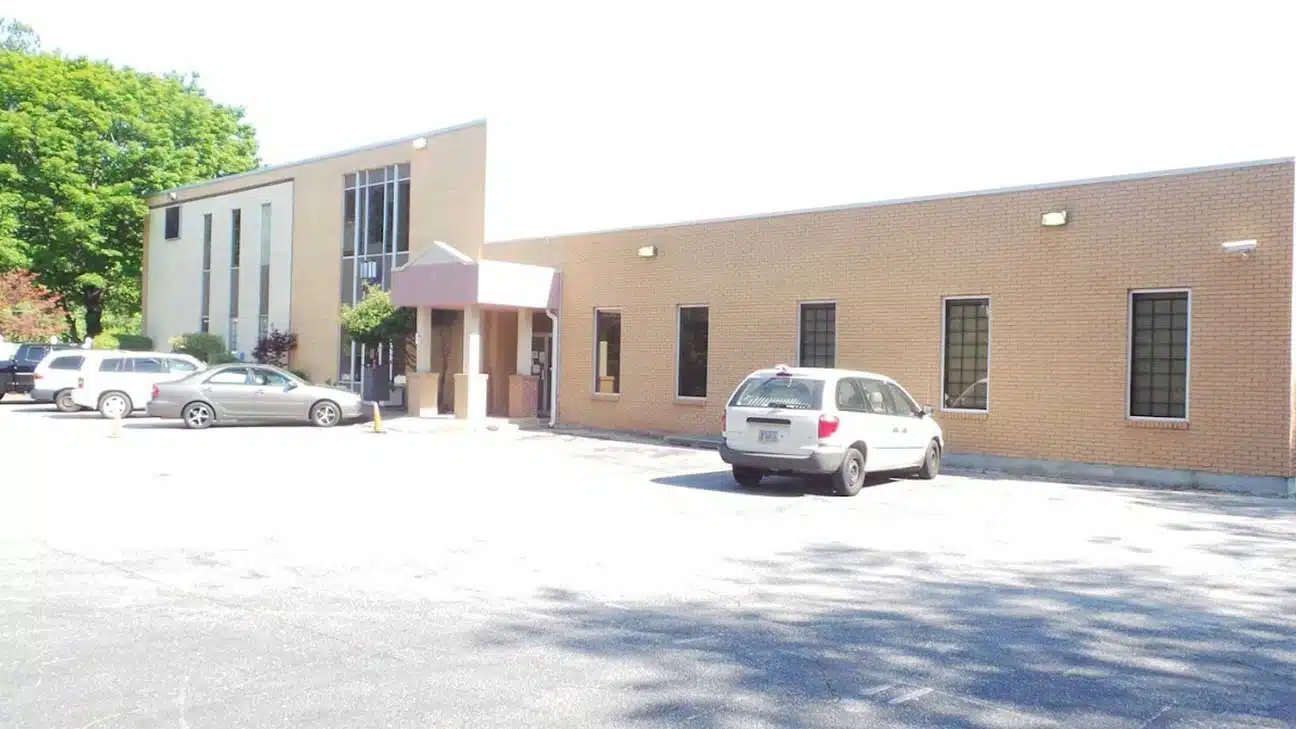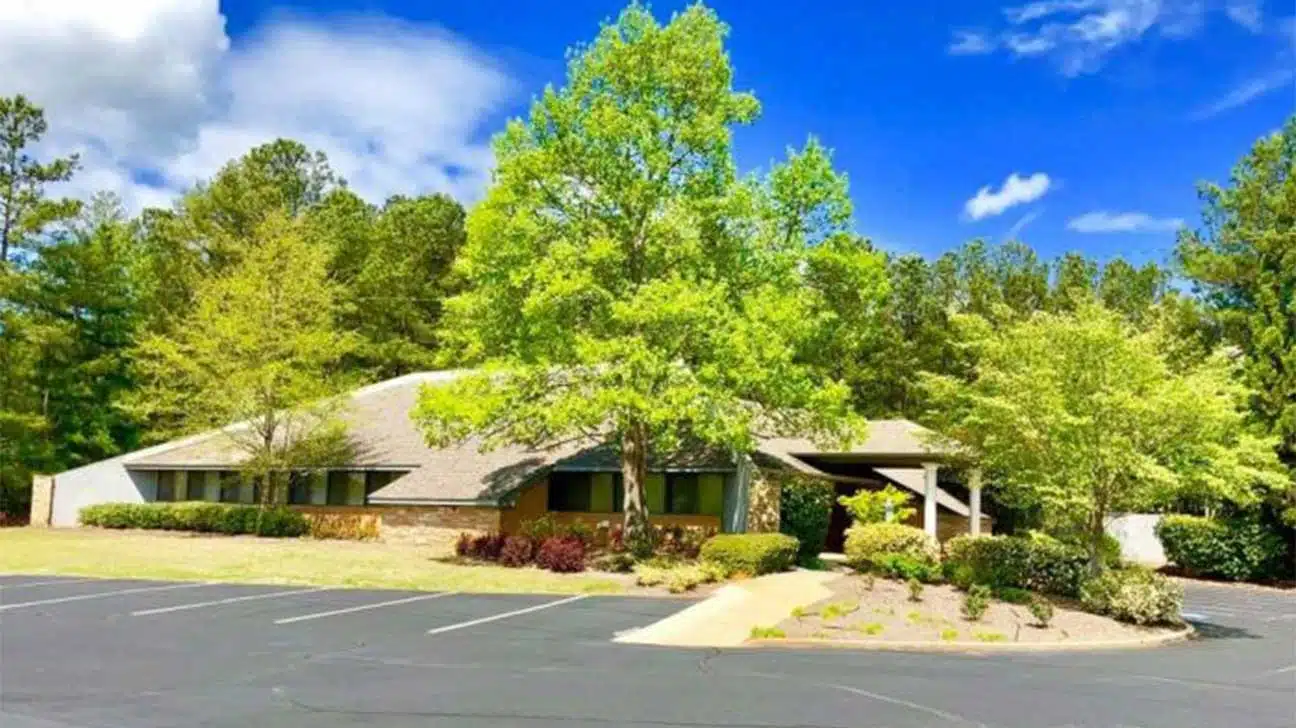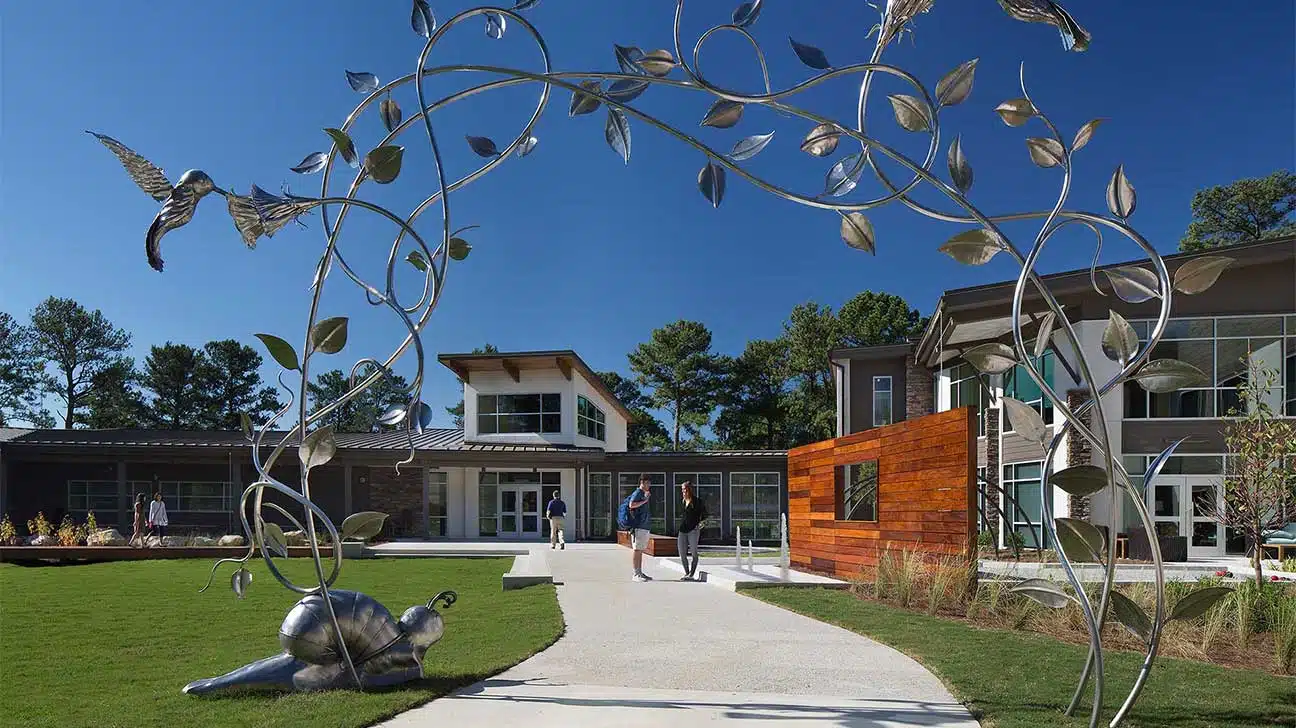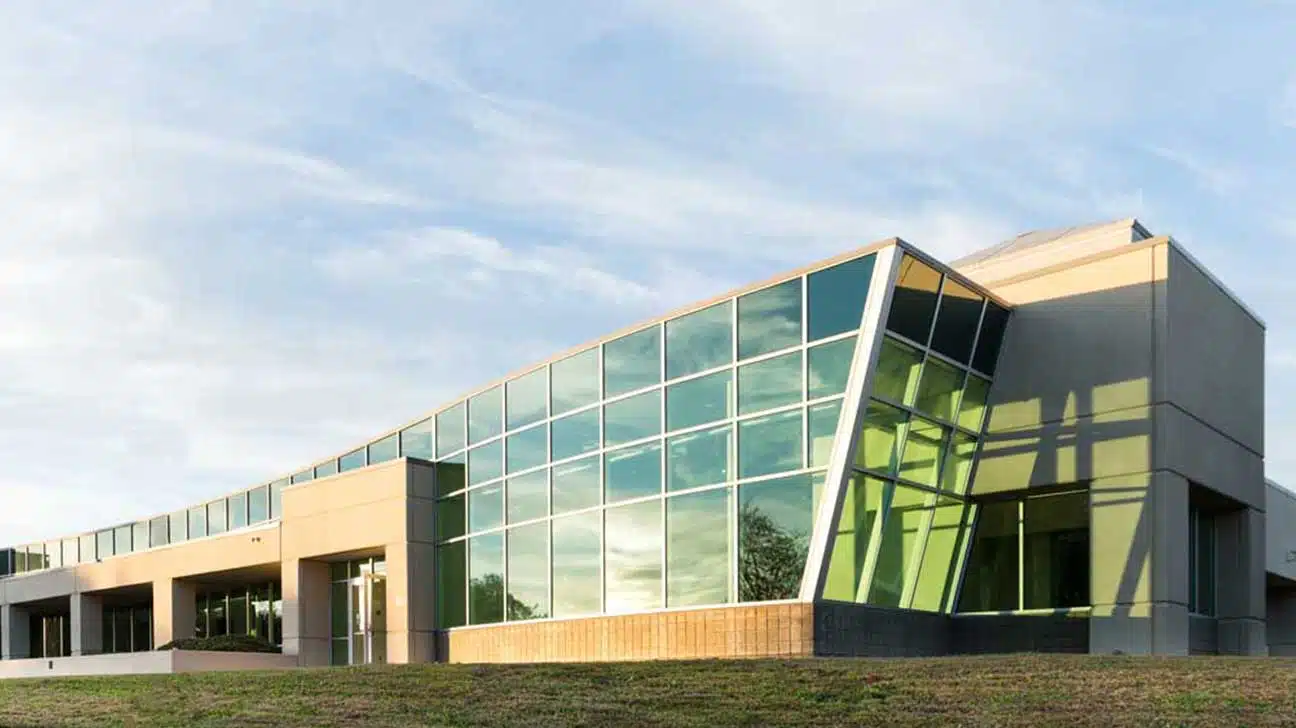
Recovery centers in Georgia provide treatment to children, adolescents, and adults with co-occurring substance abuse and mental health disorders..
A dual diagnosis rehab program will treat both addiction and co-occurring mental illness at the same time and this option is available at many rehab centers in Georgia.
List Of Dual Diagnosis Treatment Centers In Georgia
Below is a list of dual diagnosis rehab centers in Georgia. Each treatment center on this list has been evaluated according to its accreditation, certifications, or other marks of quality.
1. Atlanta Center For Mental Health, Riverdale, Georgia
This treatment center offers specialized dual diagnosis treatment for individuals facing addiction and mental illness.
They offer treatment for addiction and anxiety disorders, depression, bipolar disorder, post-traumatic stress disorder (PTSD), and other mental disorders.
Atlanta Center for Mental Health is supported by:
- Better Business Bureau (BBB) accreditation
- Joint Commission accreditation
- 4.4 stars on Google reviews
Location and contact information:
277 Medical Way
Riverdale, GA 30274
(833) 625-0458
2. Empowerment Resource Center, Atlanta, Georgia
Empowerment Resource Center provides an outpatient alcohol and drug abuse treatment program to adults with co-occurring mental health disorders.
They offer individualized and holistic treatment services for mental health and addiction treatment in Atlanta, GA.
This recovery center is backed by:
- 4.8 stars on Google reviews
- Substance Abuse and Mental Health Services Administration (SAMHSA) certification
- evidence-based treatment methods
Location and contact information:
230 W Peachtree St. NW
Ste. 1800
Atlanta, GA 30303
(404) 526-1145
3. House Of Time, Columbus, Georgia
House of Time provides transitional and supportive housing programs that focus on treating adult women with a dual diagnosis.
Treatment services here include mental health care, addiction education, life skills development, relapse prevention, Big Book and Step Study classes, and more.
This addiction recovery facility in Columbus, GA is endorsed by:
- 4.8 stars on Google
- BBB accreditation
- evidence-based treatment methods
Location and contact information:
1200 Wynnton Rd.
Columbus, GA 31906
(706) 327-6836
4. Mount Sinai Wellness Center, Dahlonega, Georgia
This substance abuse recovery center near Gainesville, GA has multiple specialized treatment programs available for dual diagnosis treatment.
Drug and alcohol addiction treatment at Mount Sinai Wellness Center is supported by 4.4 stars from 116 Google reviewers and evidence-based treatment methods.
They treat mental disorders such as:
- emotional dysregulation
- non-suicidal self-injury (NSSI)
- borderline personality disorder (BPD)
- PTSD
- acute stress disorder (ASD)
- complex trauma
- depression
- anxiety
Treatment options include:
- cognitive behavioral therapy (CBT)
- dialectical behavioral therapy (DBT)
- eye movement desensitization and reprocessing (EMDR)
- prolonged exposure
- accelerated resolution therapy (ART)
Location and contact information:
330 Mount Sinai Dr.
Dahlonega, GA 30533
(706) 914-2055
5. Newport Integrated Behavioral Healthcare, Decatur, Georgia
Newport Integrated Behavioral Healthcare offers dual diagnosis treatment that is supported by the Joint Commission and evidence-based treatment methods.
This behavioral health and addiction treatment center in Decatur, GA, provides services to children, adolescents, and adults.
Dual diagnosis treatment services include:
- residential treatment
- partial hospitalization
- day treatment
- intensive outpatient programs
- medication management
- group, individual, and family therapy
Location and contact information:
1810 Moseri Rd.
Decatur, GA 30032
(404) 289-8223
6. Serenity Grove, Athens, Georgia
Serenity Grove provides evidence-based treatment for addiction in Athens, GA, including the treatment of co-occurring disorders.
Addiction and mental health services include:
- detox
- individual and group therapy
- residential treatment
- PHP
- IOP
- outpatient treatment
- transitional and continued care
- family services
Their treatment programs are backed by:
- Joint Commission accreditation
- LegitScript certification
- 4.3 stars on Google reviews
Location and contact information:
315 Newton Bridge Rd.
Athens, GA 30607
(706) 389-5157
7. Skyland Trail, Atlanta, Georgia
Skyland Trail offers a dual diagnosis treatment program to treat individuals facing alcohol and drug addiction and mental illness.
They provide a residential and day treatment program for dual diagnosis patients.
Treatment services include:
- cognitive behavioral therapy
- dialectical behavior therapy
- social integration recovery community
- 12-step programming
- art and music therapy
This rehab facility is supported by:
- Joint Commission accreditation
- evidence-based treatment methods
- positive client testimonials
Location and contact information:
1961 N. Druid Hills Rd. N.E.
Atlanta, GA 30329
(866) 504-4966
8. Talbott Recovery, Atlanta, Georgia
This alcohol and drug rehab center near Smyrna, GA, has a specialized program that is focused on treating individuals with dual diagnosis.
They offer multiple services, including:
- detoxification
- PHP
- relapse prevention
- IOP
- DBT
- individual, family, and group therapy
Talbott Recovery is supported by:
- Joint Commission accreditation
- LegitScript certification
- members of the National Association of Addiction Treatment Providers (NAATP)
- evidence-based treatment methods
Location and contact information:
5355 Hunter Rd.
Atlanta, GA 30349
(678) 251-3189
Types Of Treatment For Co-Occurring Disorders At Rehab Centers In Georgia
You will find a variety of approaches to dual diagnosis treatment in Georgia. Rehab centers will sometimes take exclusively one approach or another, or they will place an emphasis on one over the other.
Most treatment centers emphasize the therapeutic approach, which can include dialectical behavior therapy, community therapeutic approaches, or holistic therapies, among many others.
A treatment facility may also offer medication when needed to control symptoms of a mental health disorder.
How Common Is Dual Diagnosis In Georgia?
Georgia has, historically, had a poor track record with mental illness.
It was ranked fifth in the nation for mental illness prevalence in 2021 but was also ranked 51st (just below Oregon) for access to treatment of mental health disorders.
According to the National Institute on Drug Abuse, around 8 million Americans have a dual diagnosis. While the number is less than the national number of people who either have just mental illness or just substance abuse, it is still significant.
And in a state like Georgia, which presents difficulties for people with mental illness, finding dual diagnosis treatment can be challenging.
How To Choose A Dual Diagnosis Program In Georgia
Deciding which alcohol and drug addiction treatment facility you would like to pursue treatment at can be overwhelming.
You can easily identify a high-quality treatment center in Georgia by being aware of the following qualities.
Dual Diagnosis Programs
Many substance abuse treatment centers will address behavioral health issues during their programs. However, this is not the same as dual diagnosis treatment.
Look for a treatment program that is specifically for patients with a dual diagnosis to ensure you will have the best treatment outcomes.
Behavioral Therapies
Behavioral therapy is commonly used during addiction treatment.
When it comes to dual diagnosis treatment, at least one type of behavioral therapy should be used.
Some recovery centers may use two or more types of behavioral therapy to treat co-occurring disorders.
Alcohol and drug rehab facilities may use:
- DBT
- trauma-informed therapy
- CBT
- contingency management
- motivational interviewing
Georgia Dual Diagnosis Treatment FAQs
There is still more to learn, so take a look at the frequently asked questions about finding dual diagnosis treatment in Georgia.
Will Substance Abuse Treatment Be Longer If You Have A Dual Diagnosis?
You can find both short-term and long-term addiction treatment in Georgia depending on your recovery needs.
In some cases, you may need longer treatment if you have a dual diagnosis. However, having a co-occurring disorder does not mean you have to have longer treatment.
Is It Harder To Recover From Addiction If You Have A Dual Diagnosis?
Your recovery depends on factors that are entirely unique to you and your recovery goals. Such factors as whether or not your need a detox program or what the length of your residential treatment is can affect the overall length of your recovery program.
Some individuals find their recovery journey more complicated when facing a dual diagnosis. However, others may realize that fully understanding their mental health conditions helps them achieve long-lasting sobriety.
Can All Addiction Recovery Centers In Georgia Treat Dual Diagnosis?
Many recovery centers are not properly equipped to provide the level of care needed for dual diagnosis treatment.
Co-occurring disorders require specific treatment that is provided by many, but not all, treatment facilities in Georgia
Find Dual Diagnosis Addiction Treatment Today
Are you or a loved one facing co-occurring mental health and substance use disorders? You can find addiction treatment today. Reach out to AddictionResource.net to learn more about starting your recovery journey.
Updated on April 4, 2023
Addiction Resource aims to provide only the most current, accurate information in regards to addiction and addiction treatment, which means we only reference the most credible sources available.
These include peer-reviewed journals, government entities and academic institutions, and leaders in addiction healthcare and advocacy. Learn more about how we safeguard our content by viewing our editorial policy.
- FindTreatment.gov — Treatment Locator
https://findtreatment.gov/results - Substance Abuse and Mental Health Services Administration — Mental Health and Substance Use Disorders
https://www.samhsa.gov/find-help/disorders

